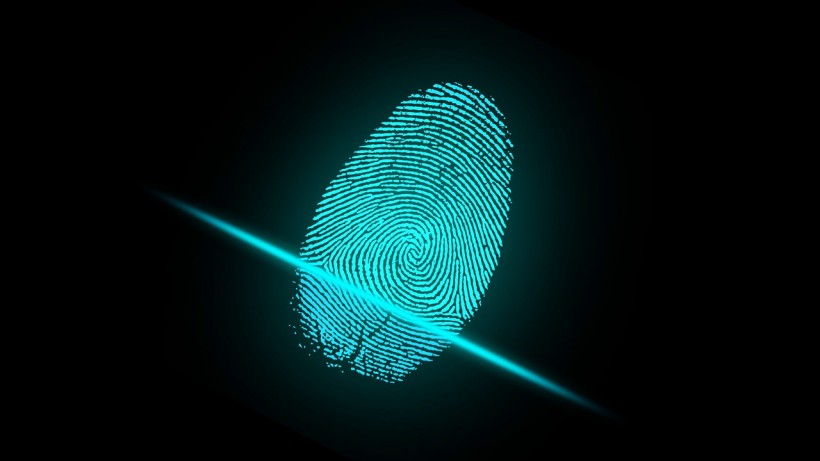The Pros and Cons of Biometric Security

Biometric security is the wave of the future. By using unique personal identifiers like facial structure and fingerprints, biometrics allows us to move away from traditional security measures like passwords. According to ExpressVPN's piece, the results can be convenient and fast access to your devices and accounts that offers better security than passwords.
We already see biometric security approaches on our cell phones, and our AI assistants can learn our voices. There's even discussion that electronic devices like AirPods will be embracing biometrics in the future. Before you start using your biometrics as a security measure, though, here are the pros and cons you need to consider.
The Pros of Biometric Security
Biometric security offers a greater level of protection than passwords. Originating in areas that required high levels of security - think, those retina scanning devices in every movie featuring government facilities or research laboratories from the 90s - biometrics use truly unique identifiers to gain access to sensitive information or accounts.
Fast forward to today, and our advanced technological capabilities have brought biometrics to our everyday life as well. Cell phones, computers, and other electronic devices can now sport biometric security measures. This means, if you lose your device or have it stolen, someone has a much harder time gaining access to your sensitive data.
Not only do you prevent others from using your devices or accessing your accounts without permission, but biometric security is also much faster than using traditional passwords. There's no need to worry about forgetting your passwords, mistyping them, or going through the effort of resetting them to log in to your device or account. Biometrics are unbelievably fast and convenient, which improves user experience.
The Cons of Biometric Security
Biometrics aren't without their pitfalls, though. Just like traditional account or device protection, biometrics can be hacked. While that isn't always easy, it's likely hackers will become more proficient at stealing biometric data as it becomes a more common cybersecurity tool.
Unfortunately, the loss of biometric data is much more significant than a traditional password being compromised. You can always open a new account, change your password, or have new identification issued if this happens. It may be inconvenient, but it's likely you can get your issues resolved.
Unlike a password, your biometrics can't be easily changed. If someone steals your biometric data, they can use it out in the world, effectively becoming you. With your biometric data in their hands, they may be able to access your other sensitive data. This can quickly leave you with a large difficult-to-solve problem.
Biometric technology also allows increased surveillance and tracking. Facial recognition technology is already used in high-security areas, like government buildings and airports. While this can help identify dangerous people the government is tracking, it also means your movements will likely be tracked as well.
It's also known that biometric technology shows bias. That is, it doesn't work well for all groups of people. If you are a woman, a minority, or an older person, biometric technology has a greater chance of misidentifying you. As we cruise into a future where biometrics may become a primary way of identifying people, this can cause a big problem.
Finally, as illustrated above, biometrics are not infallible. While they do provide increased security, they can produce misidentifications. Not only can they accidentally indicate you are someone you are not, but the technology can also be fooled. You can physically reduce the visibility of your face using a mask or oversized hat, and you can also use prosthetics and makeup to change the way biometric technology interprets your face.
Biometric technology certainly doesn't begin and end with your face. Gaits, voices, and even fingerprints can be altered or obscured to help fool biometric technology. Just as hackers will become more proficient at stealing biometric data, we can also anticipate that people will become better at tricking biometric technology as it's used more often.
The Future of Biometrics
It's evident that biometrics offer plenty of benefits - but it's also clear that they aren't a perfect solution. However you feel about them, biometrics are here to stay. Be conscientious about how you store your biometric data and who you share it with, and you can enjoy the undeniable perks that come along with using this technology.
Subscribe to Latin Post!
Sign up for our free newsletter for the Latest coverage!














